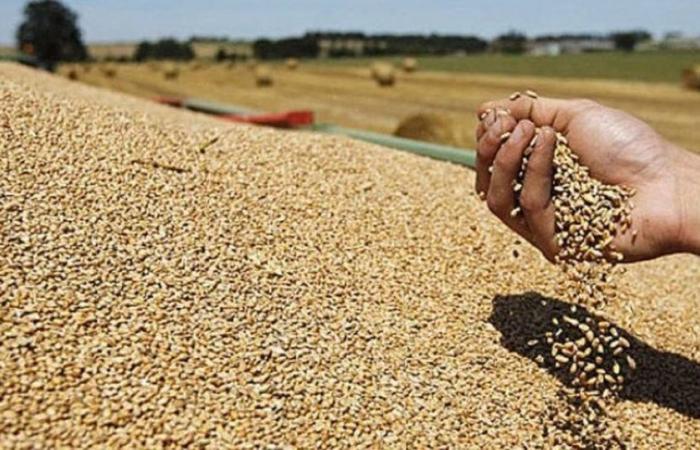In its latest biannual report on the world food outlook, the Food and Agriculture Organization of the United Nations (FAO) indicates that “wheat production in Morocco is expected to decline by almost 40% in 2024 compared to the previous year, reaching 2.5 million tonnes, which is below average“. To compensate for this decrease in domestic production, imports could increase by 19% to reach 7.5 million tonnes this year, reports the magazine The Observer of Morocco and Africa.
The FAO also notes that Morocco ranks sixth among the top ten wheat importers in the world this year. Egypt leads the way, with expected imports of over 12 million tonnes, followed by Indonesia with around 12 million tonnes, Turkey with over 10 million tonnes, China with 9 million tonnes and l Algeria with more than 8 million tonnes. Behind Morocco are Bangladesh, the Philippines and Nigeria.
Based on these statistics, and cited by the weekly, economist Mohamed Jadri foresees significant difficulties for the Moroccan economy this year. “This is the third year in a row, and the fifth in six years, that the country has suffered from a serious water shortage, directly impacting the economy. The finance law had forecast a growth rate of 3.7%, based on agricultural production of 75 million quintals of cereals. However, according to the latest forecasts from the Ministry of Agriculture, it is likely that Moroccan agricultural production will not exceed 32 million quintals of wheat, which will inevitably affect the growth rate. he analyzes. Growth could be between 2.5% and 2.8% instead of the anticipated 3.7%.
The fact is that national production, estimated at 32 million quintals, is significantly lower than national consumption, which exceeds 100 million quintals. Consequently, the Moroccan government will have to import between 60 and 70 million quintals of cereals to satisfy national demand.
These imports paid for in foreign currency. “Last year, the cereal bill exceeded 80 billion dirhams. This year, we could well exceed 100 billion dirhams in cereal imports, which will once again negatively affect the trade balance. This problem will not be solved until the water issue is adequately addressed, and this does not seem possible before 2026 or 2027.adds the expert.
Par Lamia Elouali
06/26/2024 at 10:12 p.m.






